Police in South Korea Arrive at President Yoon Suk Yeol’s Home to Try to Arrest Him Over His Brief Declaration of Martial Law in Early December
In a shocking turn of events, South Korean police have arrived at the residence of President Yoon Suk Yeol to attempt an arrest over his controversial decision to briefly declare martial law in early December. This unprecedented move has sent ripples through the political landscape of South Korea and raised questions about the extent of executive power in the country.
The Background of the Martial Law Declaration
The incident that triggered the current crisis occurred in early December when President Yoon Suk Yeol, facing mounting civil unrest, authorized a brief martial law declaration. This declaration was made in response to growing protests, demonstrations, and civil disturbances, particularly over economic hardship, government policies, and corruption allegations.
Martial law is a highly controversial measure in any democratic nation, as it involves the suspension of regular civil rights and the imposition of military control over the civilian government. In South Korea, where democracy is firmly rooted after years of authoritarian rule, any mention of martial law automatically brings to mind the country’s past military dictatorships, particularly the 1970s and 1980s, when martial law was frequently used to suppress political dissent.
The declaration, although short-lived, ignited fierce debates in South Korea about the limits of presidential power and the potential erosion of civil liberties. Critics of President Yoon’s decision argued that it was an overreach and a threat to the democratic principles on which South Korea was founded. Meanwhile, his supporters contended that it was a necessary response to escalating unrest and violence.
The Arrest Attempt and Its Significance
The arrival of police at President Yoon’s residence to try to arrest him marks a dramatic escalation in the political crisis. According to reports, the police operation is part of an ongoing investigation into the legality of the martial law declaration and whether President Yoon acted beyond his constitutional authority. The move has sparked widespread public attention, with many questioning the legal and political ramifications of such an unprecedented act against a sitting president.
While South Korea’s constitution provides the president with broad powers to manage national security and public order, the declaration of martial law remains a highly sensitive and contentious issue. The South Korean National Assembly, opposition parties, and human rights groups have raised alarms about the potential abuse of power and the damage it could do to the country’s democratic institutions.
The situation has ignited intense political debates, with some lawmakers calling for President Yoon’s resignation or impeachment, while others argue that his actions were justified given the volatile security situation. Regardless of the political implications, the arrest attempt serves as a dramatic symbol of the heightened tensions between the government, law enforcement, and civil society.
The Legal Challenges Surrounding Martial Law in South Korea
South Korea’s experience with martial law dates back to the military regimes of the 20th century, during which authoritarian leaders used martial law as a tool to silence dissent and consolidate power. The memories of these dark chapters of South Korea’s history remain vivid, which is why any move to invoke martial law, even briefly, is met with suspicion and resistance from the public and political establishment.
Under the South Korean Constitution, the president has the authority to declare martial law in cases of national emergency. However, this power is not unlimited. The declaration of martial law must be justified under specific conditions, such as a threat to national security, and must be approved by the National Assembly. Furthermore, martial law cannot be used to suppress political opposition or curtail civil liberties.
In the case of President Yoon, legal experts are questioning whether his declaration of martial law met the constitutional criteria for such an extreme measure. Some argue that the unrest, while significant, did not rise to the level of a national emergency, and that the decision to invoke martial law was a disproportionate response. As such, the legal challenge to his actions is likely to be a key aspect of the ongoing investigation.
The Political Fallout and Public Reaction
The police’s attempt to arrest President Yoon has triggered a wave of political and public reactions. Opponents of the president argue that his actions represent an overreach of power and a potential threat to South Korea’s democratic governance. They point to the historical lessons of South Korea’s past military dictatorships, where martial law was used as a tool to suppress opposition and curtail freedoms.
Public protests have erupted in response to the president’s martial law declaration, with many citizens taking to the streets to voice their concerns about the erosion of democratic rights. South Koreans have shown a strong commitment to their democratic values, and any move that threatens those principles is met with fierce resistance.
On the other hand, some of President Yoon’s supporters have rallied behind him, arguing that his decision to invoke martial law was necessary to restore order and protect national security. They claim that the unrest posed a significant threat to the stability of the country, and that the president’s actions were a last-resort measure to prevent further chaos.
As the situation continues to unfold, the nation remains divided, with the president’s political opponents pushing for accountability, while his supporters defend his actions as necessary for the country’s well-being.
The Role of the National Assembly and the Constitutional Court
In South Korea, the National Assembly and the Constitutional Court play crucial roles in overseeing executive power and ensuring that the president’s actions comply with the constitution. The National Assembly has already begun to investigate the circumstances surrounding the martial law declaration, with calls for hearings and inquiries into whether President Yoon exceeded his authority.
The Constitutional Court, which is responsible for interpreting the constitution and ruling on the legality of presidential actions, will likely be asked to weigh in on the matter. A ruling from the Constitutional Court could have far-reaching consequences for President Yoon, as it would establish a precedent for how martial law declarations are handled in South Korea’s democratic system.
What’s Next for South Korea?
As the political and legal drama surrounding President Yoon’s martial law declaration continues to unfold, the country faces an uncertain future. The investigation into the legality of his actions will likely dominate the political agenda in the coming weeks and months. The national focus will be on how the National Assembly, the Constitutional Court, and law enforcement navigate this unprecedented challenge to executive power.
The events of the past few days highlight the delicate balance between national security, political stability, and the protection of democratic rights. South Korea has worked hard to build a robust democracy over the past several decades, and any threat to that democratic system is met with serious scrutiny and resistance from the public and political institutions.
Ultimately, the outcome of this crisis will have lasting implications for the future of South Korea’s democracy, the limits of presidential power, and the role of the police in enforcing the law, even when it comes to the highest office in the land.
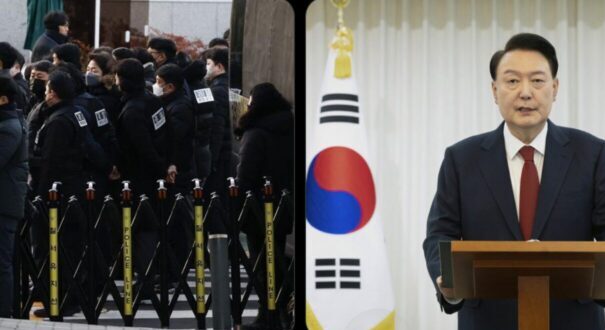
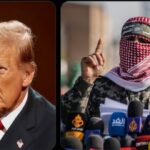
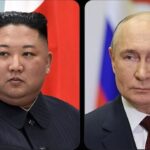

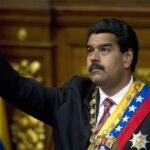
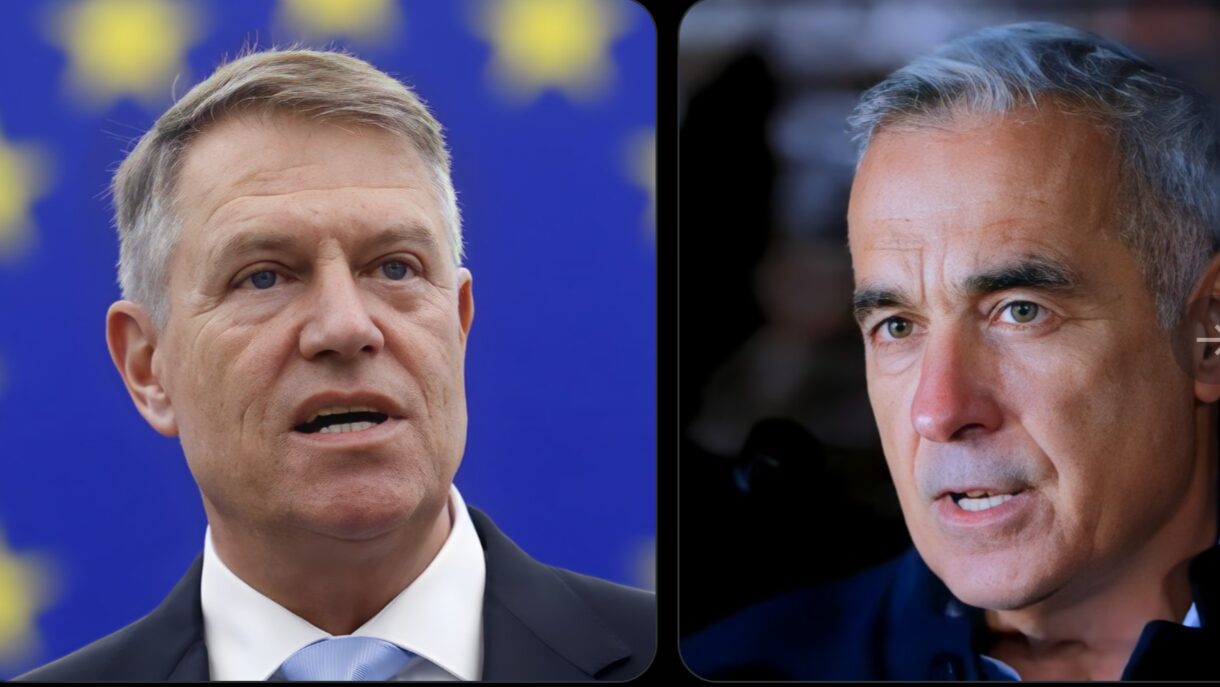











Post Comment